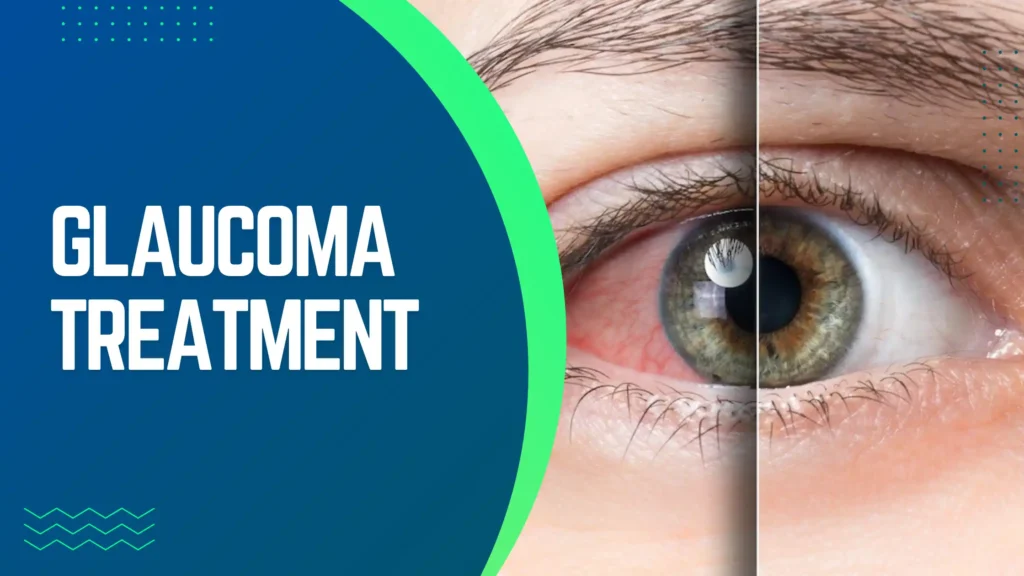Does Insurance Cover Glaucoma Surgery in Germany?
In Germany, health insurance plays a major role in covering glaucoma treatments, including surgery, medications, and follow-up care. However, the extent of coverage depends on several factors—such as the type of insurance, the specific procedure, and whether it’s deemed medically necessary.
Understanding how insurance works can help patients plan their treatment without unexpected financial burdens.
1. Types of Insurance Available in Germany
There are two main types of health insurance systems that determine how glaucoma surgery costs are covered:
a. Statutory Health Insurance (Gesetzliche Krankenversicherung – GKV)
This is the public insurance system used by the majority of residents in Germany. If glaucoma surgery is recommended by an ophthalmologist and considered medically necessary, the GKV usually covers:
The surgical procedure itself
Pre-operative and post-operative care
Hospital stay (if needed)
Standard medications and eye drops prescribed for recovery
However, additional private services or the use of premium implants (like advanced drainage devices) may require out-of-pocket payment or supplementary insurance.
b. Private Health Insurance (Private Krankenversicherung – PKV)
Private insurance policies often offer broader and faster access to specialists, covering a larger portion—or even 100%—of glaucoma-related expenses. PKV coverage usually includes:
Specialized laser or minimally invasive glaucoma surgeries (MIGS)
Custom surgical lenses or implants
Private hospital rooms and shorter waiting times
Patients under PKV are typically reimbursed after submitting their treatment invoice.
2. When Does Insurance Approve Glaucoma Surgery?
Glaucoma surgery is covered by insurance only when other treatments, such as eye drops or laser therapy, no longer control intraocular pressure effectively.
Before approval, doctors must provide medical documentation confirming that surgery is essential to prevent further vision loss. Insurance providers usually review:
Medical reports and eye pressure history
Treatment response to medications
Ophthalmologist’s recommendation for surgical intervention
If the surgery is elective or performed for convenience rather than necessity, insurance may partially cover or deny reimbursement.
3. Common Glaucoma Surgeries Covered by Insurance
Most insurers in Germany recognize the following glaucoma surgeries as standard procedures:
Trabeculectomy – Creating a new drainage pathway to lower eye pressure
Canaloplasty – Opening the eye’s natural drainage channel
Glaucoma Drainage Implants – Inserting small tubes to maintain fluid flow
MIGS (Minimally Invasive Glaucoma Surgery) – For early to moderate cases
Coverage depends on the clinic, surgeon’s credentials, and the technology used. University and specialized eye hospitals usually have direct billing agreements with both GKV and PKV insurers.
4. Out-of-Pocket Costs for Patients
Even with insurance, patients may still face some personal expenses, especially if they choose upgraded services. These may include:
Use of premium medical implants not listed in standard reimbursement plans
Private hospital rooms or faster surgery scheduling
Post-operative checkups at private clinics
In many cases, public insurance will cover the essential medical treatment, while extra comforts or non-standard materials remain optional add-ons.
Learn about financial options for glaucoma care in the Germany
This resource explains the average cost differences between insured and uninsured glaucoma patients in German hospitals.
5. How to Confirm Your Coverage Before Surgery
Before undergoing surgery, patients should:
Consult their ophthalmologist to obtain a detailed treatment plan and cost estimate.
Submit the medical report and quote to their insurance provider for pre-approval.
Ask about reimbursement limits or any required co-payments.
Verify hospital affiliations—some clinics only accept specific insurance types.
Doing this ensures no surprise bills after surgery and helps clarify which parts of the treatment are fully covered.
6. Financial Support for Uninsured or Low-Income Patients
For patients without full coverage, Germany offers supplementary medical aid programs, especially for residents under public insurance who struggle to pay for additional costs. Some hospitals also provide payment plans or cost-sharing options to help reduce immediate expenses.
Foreign patients or medical tourists seeking glaucoma surgery in Germany can request itemized cost estimates directly from hospitals before travel.
7. Key Takeaways
Glaucoma surgery in Germany is usually covered by both public and private health insurance when it’s medically justified.
Statutory insurance covers essential procedures, while private insurance may offer wider benefits.
Always verify your coverage and request a pre-approval letter before scheduling surgery.
Out-of-pocket expenses often apply to optional upgrades or advanced implants.
8. Final Thoughts
Navigating insurance for glaucoma surgery in Germany may seem complex, but understanding your options ensures peace of mind. Whether you’re under public or private insurance, knowing what’s covered—and what’s not—helps you plan ahead and focus on recovery rather than costs.
Germany remains one of the top destinations for glaucoma treatment due to its advanced medical care, transparent insurance system, and emphasis on patient well-being.




